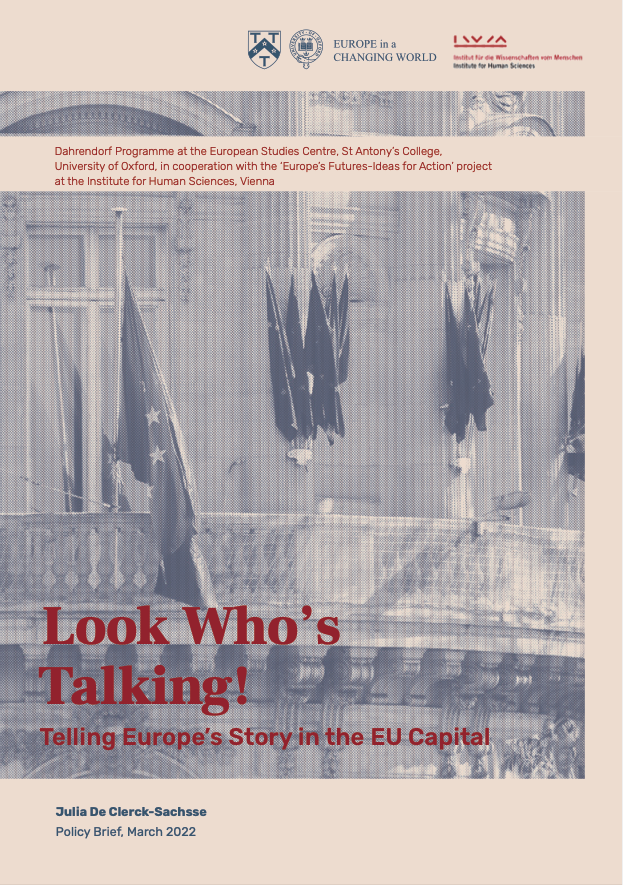"Europe is facing a battle of the narratives that will shape our future. In this brave new world, a compelling narrative will be paramount for the survival of the European project."
This policy brief explores how the European Union can best tell its story in these difficult times. Taking its cue from one of the masters of rhetoric in ancient Greece, Aristotle, it lays out three fundamental principles that are at the core of good rhetoric: logos (reason), pathos (emotion), and ethos (credibility and competence). The paper begins with the question of what story Europe should tell; its logos. It then looks at how to tell the story; the pathos. Finally, it explores who is competent and credible enough to tell the story; the ethos. The conclusion sets out policy recommendations for a European narrative that can resonate both at home and abroad.
The policy brief draws on numerous interviews with the policymakers, spokespeople, speech-writers, and journalists that shape the stories told in Europe’s capital, Brussels, and its member states. It also draws on opinion polls and in-depth interviews conducted over the past three years as part of the Europe’s Stories Project of the Dahrendorf Programme at the University of Oxford, which the paper is published in collaboration with.
